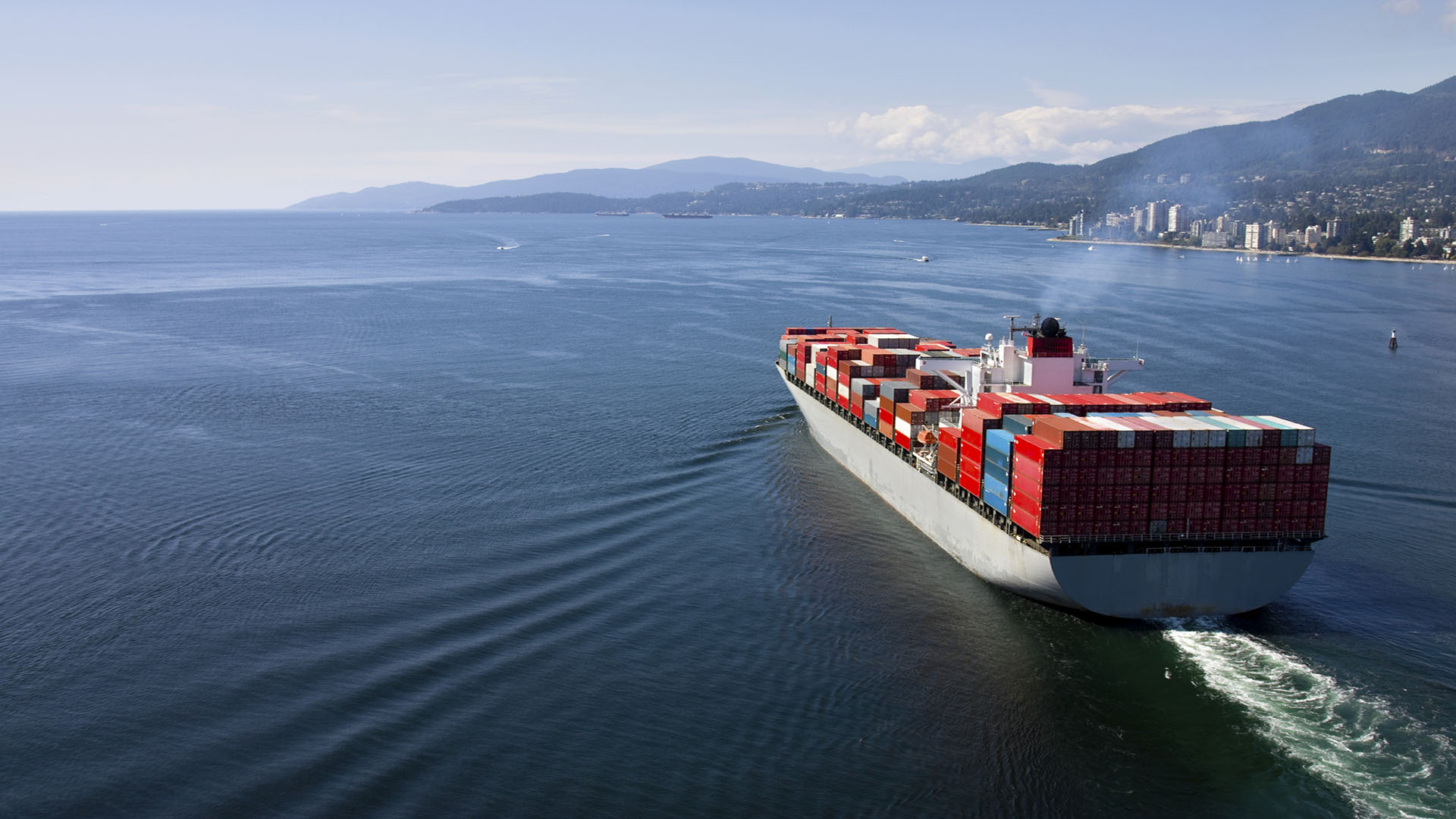Section 4 Payment of crew claims
3.4.1 General
The Rule is an exception to one of the basic principles of cover under the Rules. According to Rule 2 the cover is for indemnity of the Member who has discharged liabilities covered under these Rules.
This Rule overrides the provision of Rule 2 and stipulates that when the Member fails to pay compensation for personal injury, illness, death or repatriation under MLC, sometimes referred to as “The Seafarers’ Bill of Rights”, the Club will under certain circumstances discharge the liability and pay compensation direct to a beneficiary under the crew contract.
3.4.2 Policy defences
The pay-to-be-paid Rule was upheld in the well-known cases heard jointly before the House of Lords in 1990 and, referred to as, The Fanti and The Padre Island [1990] 2 Lloyd’s Rep 191. The conclusion was that the pay-to-be-paid Rule applies to prevent a third party claimant to whom the Member may be liable from being compensated by the Club when it “steps into the shoes” of an insolvent Member who has not paid (and cannot pay) the underlying claim. Pursuant to the Third Parties (Rights Against Insurers) Act 2010 the effect of the Rule has been modified to a limited extent. The Act excludes contracts of marine insurance from the general restrictions based on the “paid-to-be-paid” Rule, except where there is a claim for personal injury or death.
The exception to Rule 2 and 26 is when the Club exercises its discretionary right to pay to a third party directly. This right has in the past mostly been used in cases involving personal injury, illness and death claims. The Group Clubs have considered it fair and reasonable that crew members and dependants receive compensation direct from the Club without applying any policy defences such as pay-to-be-paid or withdrawal of cover for non-payment of premiums and calls.
3.4.3 Conditions of payment
Payment is not made unconditionally. Pursuant to sub-paragraph (a) of the Rule, the Club will only discharge or pay such claim on behalf of the Member if there is no enforceable right of recovery against any other party and the seaman or dependant would otherwise remain uncompensated.
A basic principle under these Rules is that a third party can never obtain a better right than a Member. This principle is laid down in sub-paragraph (b) which stipulates that compensation can never exceed the amount which the Member would have been able to recover in accordance with these Rules or his terms of entry.
The Club can under certain circumstances terminate the cover according to Rule 26 and as a result the Club is under no obligation to compensate the Member. This Rule overrides Rule 26 and allows for compensation of a claim (c) which has arisen during a period prior to termination of cover. Payment of a claim is then made, in lieu of payment from the Member, as agent only and the Member is liable to reimburse the Club for the full amount of the claim.
3.4.4 Payments made under MLC (2006) Extension Clause
The MLC as amended establishes minimum standards for the working conditions of seafarers and requires the flag state to establish an inspection and certification system to ensure that those minimum standards are met. Compliance is regulated by Port State Control and the vessel must be issued with and carry a maritime certificate confirming that the regulated minimum standards are complied with. Furthermore, the MLC requires that financial security must be in place covering specific entitlements of seafarers. The 2014 amendments of the MLC which came into force on 18 January 2017 required members to display certificates of financial security on board covering:
(a) Liabilities in respect of outstanding wages and repatriation of a seafarer together with costs and expenses incidental thereto in accordance with Regulation 2.5, Standard A2.5 and Guideline B2.5 of MLC 2006
(b) Liabilities in respect of compensating a seafarer for death or long-term disability in accordance with Regulation 4.2, Standard A4.2 and Guideline B4.2 of MLC 2006.
The Boards of all Group clubs agreed to provide the certification required under the MLC as above. Payment will only be effected if and to the extent that the relevant liabilities, costs or expenses are not recoverable under any social insurance scheme or fund, separate insurance or any other similar arrangement for instance based on national legislation. Outstanding wages are further limited to four months.
The Member shall reimburse the Club in full in respect of any claim paid under paragraphs (a) and (b) save to the extent that such claim is in respect of liabilities, costs or expenses recoverable elsewhere under the P&I Rules. In relation to liabilities under MLC, the obligations of the Club continue throughout the entire policy period unless the Club has given notice of termination and the relevant notice period has expired, the vessel has been sold or payment cannot be made due to sanctions legislation. See also comments under 3.1.13.
